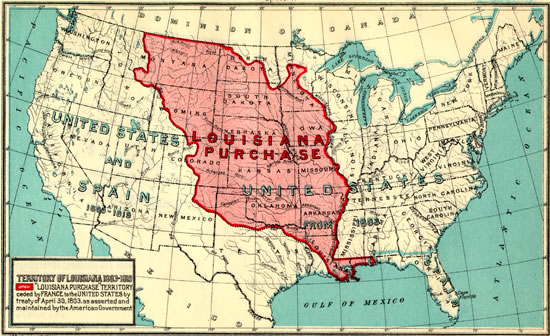freedombecki
Let's go swimmin'!
It would appear he furnished the ground the Mount Rushmore stands on, that's all.Why??
Washington was the first president of America - Lincoln preserved the Union, TDR made America relevent on the world stage.
What did Jefferson do ??

Last edited:




